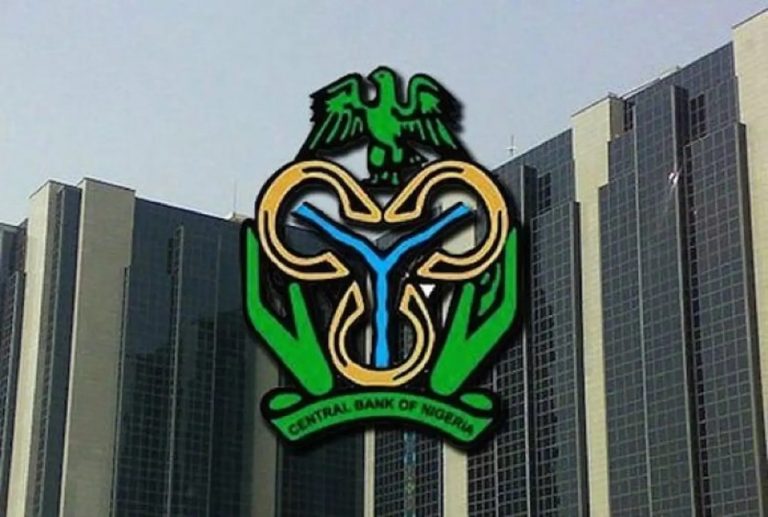
“Economic activity has been contracting for eight consecutive months, mainly due to exchange rate pressures, rising input prices, security challenges, and other idiosyncratic headwinds,…This calls for well-nuanced policy decisions targeted at price stability to forestall stifling economic activities and derailing output performance,’’ wrote Bala Bello, Central Bank of Nigeria’s deputy governor of Corporate Services.
When we warned the apex bank that some of the recent decisions would destroy the economy, some people read the posts as being partisan. Ndubuisi is a free thinker village boy, apolitical and non-partisan. My barometer is simple: if any policy does not meet AO Lawal’s basic economic tenets, I become worried.
Just a few days ago, I challenged the Central Bank of Nigeria to focus on stabilizing Naira, over fighting to reduce FX rates, because what is driving all the mess in the country is not necessarily the high FX, but the volatility. I am happy to read that line: “This calls for well-nuanced policy decisions targeted at price stability”.
Tekedia Mini-MBA edition 16 (Feb 10 – May 3, 2025) opens registrations; register today for early bird discounts.
Tekedia AI in Business Masterclass opens registrations here.
Join Tekedia Capital Syndicate and invest in Africa’s finest startups here.
Make it happen, and that could happen by not fighting for the FX reduction, but by boosting the reserves to calm the system. If you can stop the bleeding, by having stability, you can in three months focus on reducing the FX. Recall my concern when the reserves were being depleted to reduce FX; I wrote it was bad, because for investors and businesses, stability is more important than the absolute FX rate! (That contrasts with how traders, peer to peer players, etc see currency which is normally short-term.)
The biggest risk to Nigeria’s economy, from the Naira, is not the different rates between the black and official rates, but the instability of the rates. As I argued in June 2023, positing that pursuing rate unification, via floating of the currency, was creating a solution where there was not a big problem. Indeed, unifying the black and official rates, while helpful, is not catalytic. What is catalytic is making sure those rates are stable over months. In other words, having a stable FX state is supreme.
CBN: I see data from more than 100 companies in Nigeria via Tekedia Capital. By the time I read all the reports, I have clarity on what is going on. This is not theory; my perspectives are backed by data.
We’re in a very big mess in Nigeria. Today, we are reading that those who can get us out of this mess, the manufacturers and builders, are giving up, according to CBN: “It is concerning to note that the Composite Purchasing Managers’ Index declined sharply to 39.2 index points in February 2024 from 48.5 index points in the previous month.” We must do all to reverse this trajectory.
I still believe that Nigeria should not float the Naira because it does not have the life jackets (factories, warehouses, etc) to save the Naira should it start drowning!
"Economic activity has been contracting for eight consecutive months, mainly due to exchange rate pressures, rising input prices, security challenges, and other idiosyncratic headwinds,…This calls for well-nuanced policy decisions targeted at price stability to forestall… pic.twitter.com/03p9mpWEK4
— Ndubuisi Ekekwe (@ndekekwe) May 3, 2024
Question: Don’t float Don’t defend sounds confusing to me. Maybe they should go back to dual rate then. In the absence of those factories immediately what should then be done?
My Response: – have a 4-year plan to deepen Nigeria’s manufacturing base by providing 24/7 electricity. Once that is done, you can float. Floating the Naira when you have absolute LIMITED supply even though demand keeps going up for USD will destroy Naira. That is Econ 101. Today, we cannot earn enough USD even though we need more USD, and under that condition, ceteris paribus, the Naira will weaken. This problem is structural and no economist or banker can fix it until you return to the basic tenets of economic systems: making demand and supply to attain equilibrium through parity in supply and demand.
---
Register for Tekedia Mini-MBA (Feb 10 - May 3, 2025), and join Prof Ndubuisi Ekekwe and our global faculty; click here.



